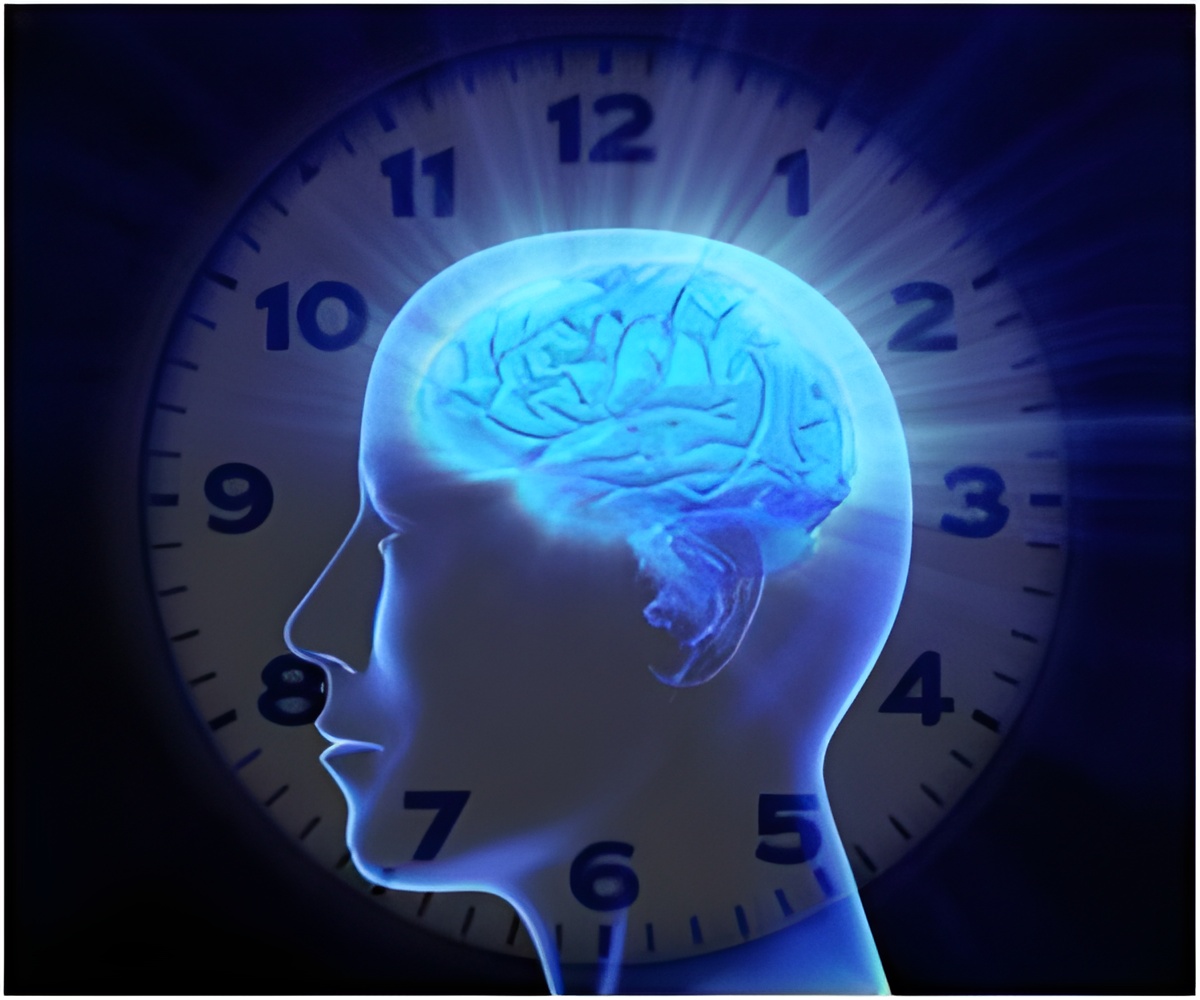A new study has revealed that humans can unconsciously perform more complicated feats of reasoning than previously thought - including reading and basic mathematics.

The technique works by presenting a volunteer's left eye with a stimulus - a mathematical sum, say - for a short period of time, while bombarding the right eye with rapidly changing colourful shapes. The volunteer's awareness is dominated by what the right eye sees, so they remain unconscious of what is presented to the left eye.
In the first experiment, a three-part calculation was flashed to the left eye. This was immediately followed by one number being presented to both eyes, which the volunteer had to say as fast as possible. When the number was the same as the answer to the sum, people were quicker to announce it, suggesting that they had subconsciously worked out the answer, and primed themselves with that number.
In the second experiment, participants were subliminally shown a sensible or nonsensical sentence such as "I drank the coffee" or "I ironed the coffee".
The sentences were presented to the left eye until the people highlighted that they had become aware of any of the words in the sentence. People noticed words in sentences that didn't make sense more quickly than in those that did, which suggest that the sentences had been unconsciously processed.
"You're integrating information from lots of different places. People thought you needed consciousness for this," New Scientist quoted Hassin as saying.
Advertisement
Since arithmetic and reading might work at a level below conscious awareness, the study adds support to the idea that such reasoning may not be a uniquely human trait.
Advertisement
Source-ANI












